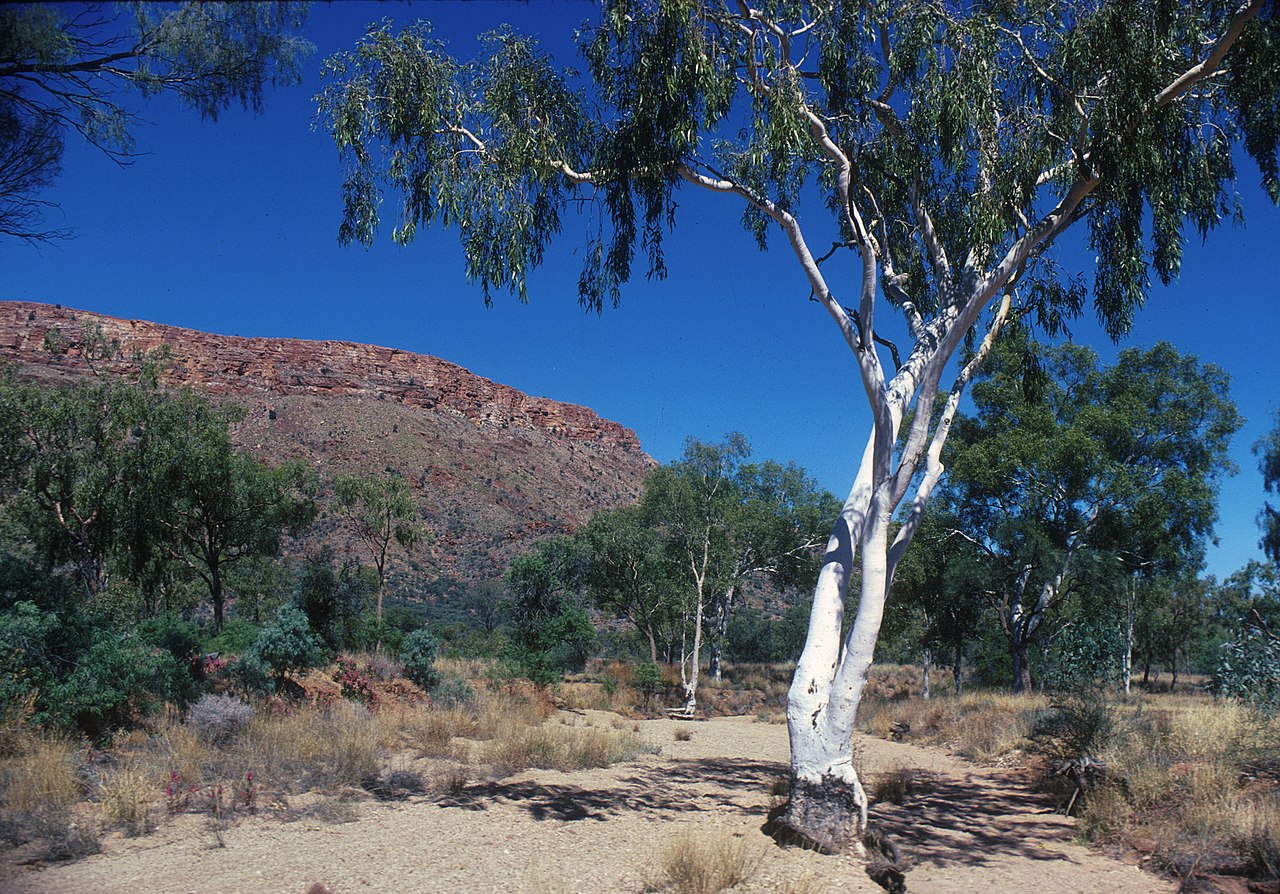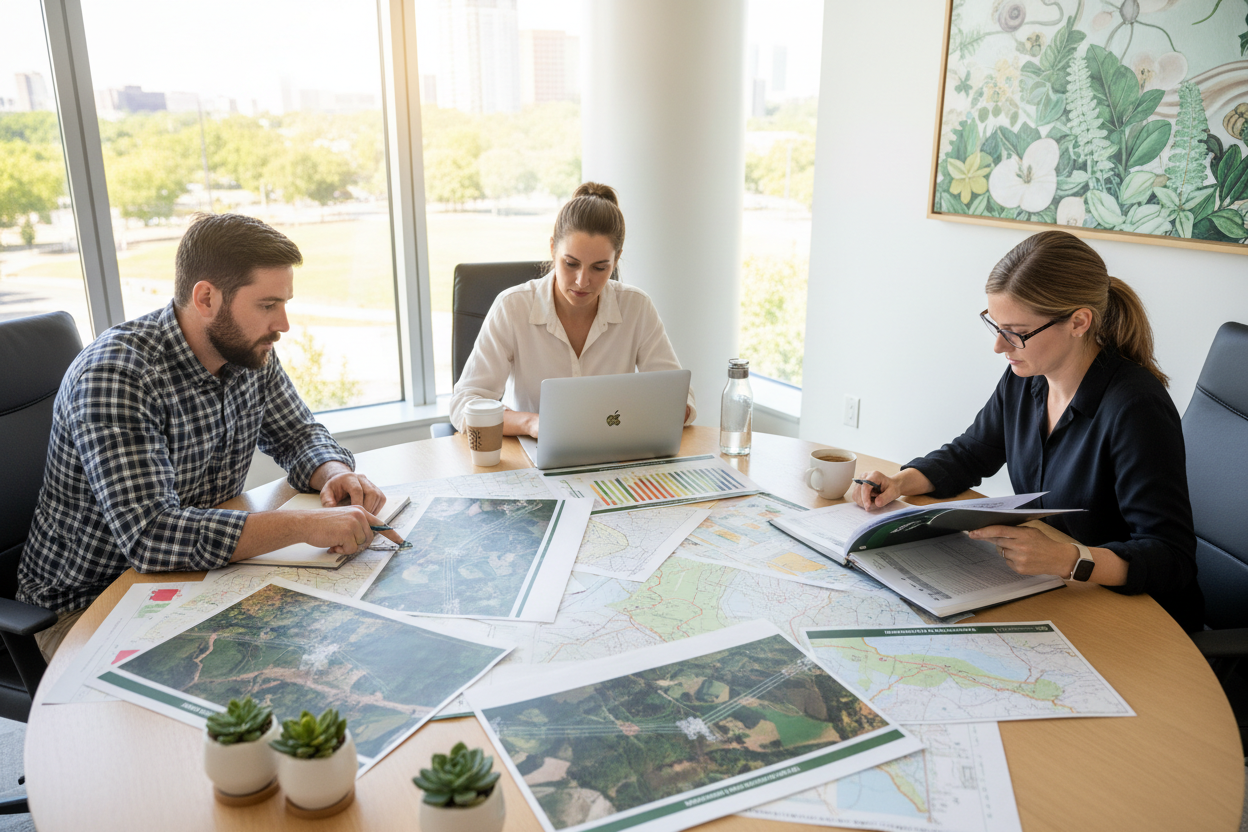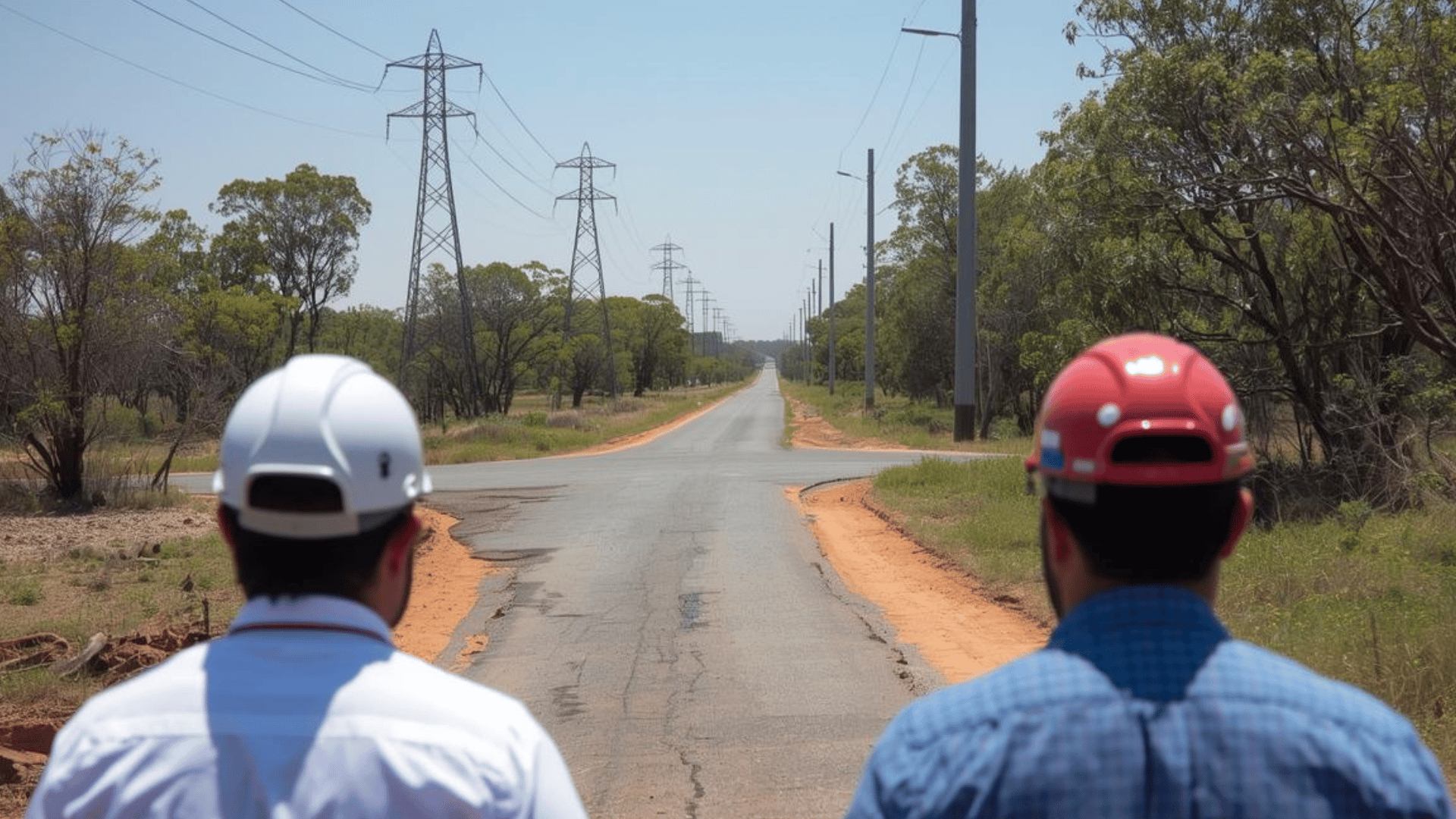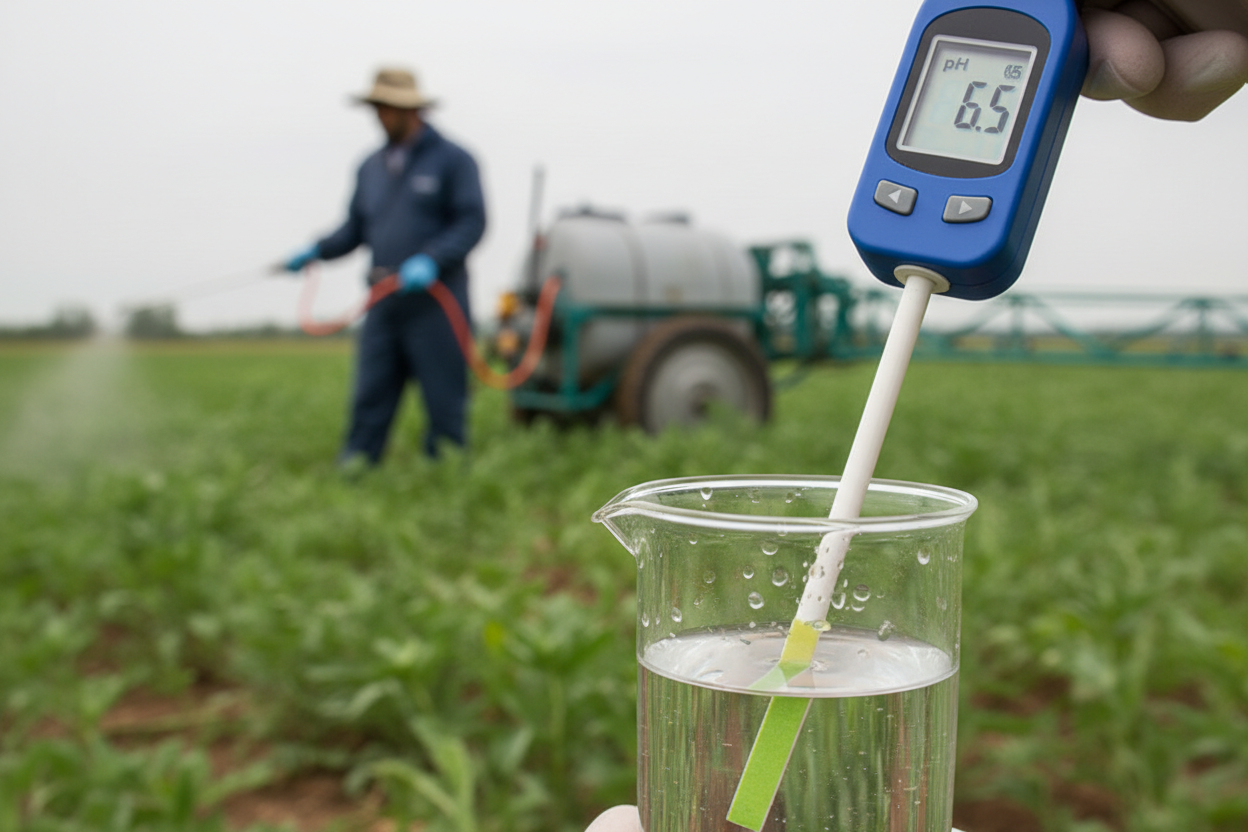
Restoring Balance: Valuing Ecosystems and Innovative Solutions for Natural Area Recovery
The economic value of ecosystems is gaining recognition worldwide, and Australia is no exception. In 2023, the Australian Bureau of Statistics (ABS) estimated that the economic contribution of ecosystems to Australia's economy was around $2.4 trillion. This figure underscores the critical role of natural assets, such as agricultural land, forests, and water bodies, in sustaining industries and human well-being.
Ecosystem services are multifaceted and encompass various benefits provided by natural environments. These services include supplying food and water, and the conditions required to produce them, climate regulation and flood control, nutrient cycling, and soil formation, and recreational, tourism, and spiritual benefits.

Historically, natural areas were often considered unproductive and of little economic value. This led to neglect and sometimes deliberate damage to these systems, affecting both the ecosystems themselves and the wider landscape. The shortsightedness of these decisions has left a legacy of damage still evident today.
In recent years, there has been a significant shift in values. Nature-based tourism, now worth over $30 billion per annum to the Australian economy, provides a strong incentive to protect rare and endangered ecosystems. Any net loss in natural diversity comes with a price tag.
There is a growing recognition that better-managed landscapes benefit all systems and conversely that many challenges such as invasive weeds need to be managed across all landscapes and uses to be effective. Even in the most productive systems, there are water quality and erosion management benefits to restoring riparian zones, strategic tree cover improves water loss and salinity challenges, and the retention and restoration of wetlands can help capture nutrients and allow agriculture and coral reefs to coexist.

The recognition of the economic value of ecosystem services in Australia is a crucial step towards sustainable development. With an estimated economic contribution of $2.4 trillion, natural assets play an indispensable role in supporting various industries and enhancing human well-being. The shift towards valuing and protecting these ecosystems not only promotes biodiversity conservation but also bolsters the economy through nature-based tourism and improved landscape management. By integrating these values into policy and practice, Australia can ensure a sustainable future for its natural and human systems alike.
In many ways effective natural area management requires a new mindset, where focus on managing monocultures in isolation and carefully controlling growth conditions must give way to a more sympathetic approach that supports an interconnected web of species. Natural area managers cannot impose their will on an ecosystem by controlling nutrition, irrigation and competition conditions to benefit a single or small number species the way turf, asset or primary production land managers can and in most instances lack the specialised tools to do so, particularly where it comes to herbicides registrations. To be successful in the restoring natural areas managers must be adaptive and at the same time innovative in their approaches.

At Greenway Weed Solutions, we are proud to share the latest insights from our Consulting Ecologist on the strategies and tools that support ecosystem restoration. Over the next month, we will be releasing a series of articles that explore the role of Integrated Weed Management and chemical solutions in natural area recovery.
Stay tuned as we highlight how thoughtful herbicide use and innovative techniques can help restore balance to our landscapes and protect Australia’s priceless ecosystems.
#EcosystemRestoration #SustainableLandManagement #BiodiversityConservation #NaturalResourceManagement #IntegratedWeedManagement #EnvironmentalSustainability #GWSKnowledgebase #GreenwayWeedSolutions #HealthyLandscapes #RegenerationProjects #ProtectOurEnvironment #NatureBasedEconomy #ClimateResilience
Additional content
VIEW GWS' ADDITIONAL CONTENT TO LEARN MORE ABOUT THE WEED INDUSTRY

One of the strongest arguments for Integrated Vegetation Management is not operational, it is governance based. In traditional reactive vegetation management models, decisions are often difficult t...
Read more
As Integrated Vegetation Management gains traction, one question consistently arises, how do we change contracting models without increasing risk or losing governance control. This concern is under...
Read more
Town Water pH in Australia and Its Impact on Weak Acid Herbicides
Australian vegetation managers often assume that town water is neutral and therefore suitable for spraying without adjustment. In practice, most municipal and regional water supplies are treated to...
Read more
